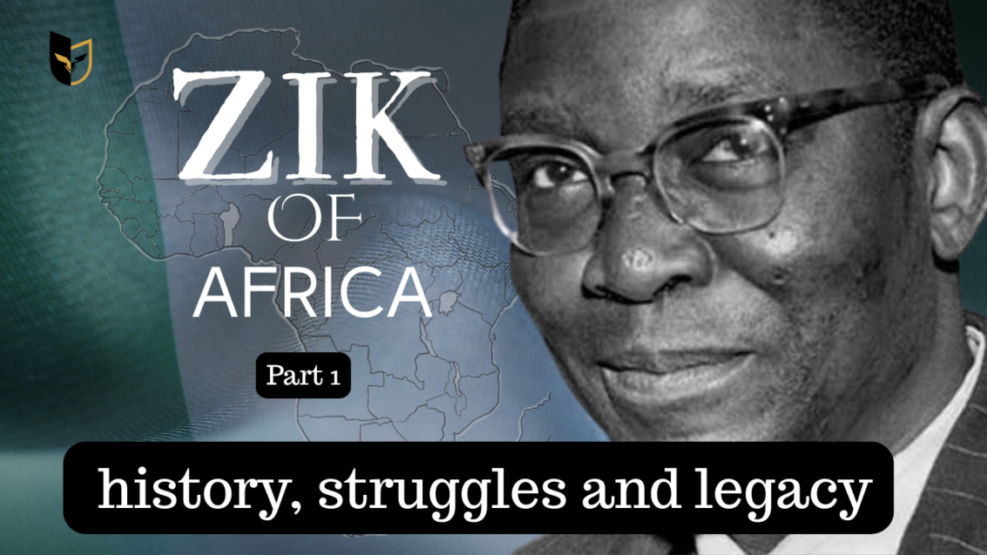No products in the cart.


The media has changed the way people interact with each other, with more voices heard. The gatekeeping role of the traditional media has given way for the people to be their own gatekeepers. Many think this is a revolution and also radical change in the media and how information is managed and processed.
As the media evolved, the traditional media and the national media of individual countries with contents domestically produced, began to be overshadowed. In the face of technological advancement, these national media have become threatened by the globalization of media.
We are moving to a multimedia world in which contents, services and applications are created for satellite, and other web platforms. The media now transcends global space. Information dissemination across the globe has become more instant, defying place, space and time.
At this time of inclusion, integration and globalization, the new media has become an important tool to permeate borders in that it has become the medium for global restructuring of economy, politics, social and cultural values. It has facilitated interconnections across nations in a flexible social interaction and cultural understanding.
Given this power of information dissemination, the Big Tech (Google, Facebook, Amazon and Twitter etc.) have since taken over as the new age emperors and oligarchs. The news media also depends on the big tech. Many people depend on the big tech to sell their contents and wares. Our lives now depend on these platforms.
They are powerful and are not obstructed by any physical sovereign boundaries. They are richer than many countries and can topple any government they see to be blocking their interest. It is a struggle for global market share and global dominance. They can push or censor any ideology or information they consider or not in line with their interest. They can censor any individual, group or news media they consider or not in line with their interest. The resources at their disposal, which is larger than many nations, can be used to influence cultures, politics and any nation’s policies.
Censorship and influence of the media
The media has become very influential in the information and communication system across the world. They have become powerful and can change systems of government and reactions through how they allow the dissemination of information. What goes on in the news rooms is becoming a matter of interest than the fact of the matter.
During the #EndSars protest, which President Buhari alleged was to remove him, Twitter played a great role. The Minister for Information, Lai Mohammed said that, “Twitter consistently offered its platform to promote agenda that were inimical to the corporate existence of Nigeria.”
At the emergence of Covid-19 pandemic, Facebook was censoring claims that the corona virus originated in a lab in Wuhan, China. The company has made an about-turn that raise questions how information is censored. Facebook in an update said it will no longer remove the claim that “COVID-19 is man-made or manufactured.”
Through satellite Televisions, the global media are dominating in programmes and contents that influence thoughts and opinions. This has caused many national media organisations to struggle with contents and viewership.
The Media interest in market dominance
With the convergence of the communication industry, it has led to an integrated global communication system, where few super corporations operate and dominate in pursuit of profit than a social duty.
Gordon Crawford, an executive of Capital Research & Management, said, “I’m a great believer that we are going to a world of vertically integrated companies where only the big survives.”
Peter Chernin, then president of News Corporation stated, “You need to have enough marketplace dominance that people are forced to deal with you.” Chernin elaborates, “There are great arguments about whether content is king or distribution is king. At the end of the day, scale is king. If you can spread your costs over a large base, you can outbid your competitors for programming and other assets you want to buy.”
Berle and Means wrote that “The economic power in the hands of the few persons who control a giant corporation is a tremendous force which can harm or benefit a multitude of individuals, affect whole districts, shift the currents of trade, bring ruin to one community and prosperity to another.” They further established that, “The rise of the modern {media} corporation has brought a concentration of economic power which can compete on equal terms with the modern state – economic power versus political power, each strong in its own field…”
The media and its influence on cultures
The concentration of the world media in a few hands poses a lot of issue as media is one of the lifeblood of any viable society. These corporations care about profit and market domination as journalists have been made to become more loyal to the corporate interests than the robust viability of societies and cultures through fact-based information and dissemination. They help to push certain ideologies which affect cultural autonomies as well as politics. Cultures around the world value their distinct traditions, beliefs, and norms. With the incursion of the global media, these cultures are struggling to maintain their uniqueness.
The global media has also affected how people organize to protest negative social norms as well as normalization of certain considered negative social norms. People now spend more time on gadgets than they would have prior to the emergence of the big tech. This makes the big tech the next brick-and-mortar for transactions and influence.
How cultures and national media are affected by the influence of global media calls for committed efforts to protect and preserve them.
It’s only fair to share!… Subscribe also on Telegram